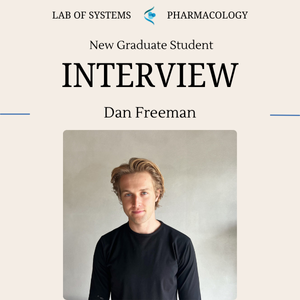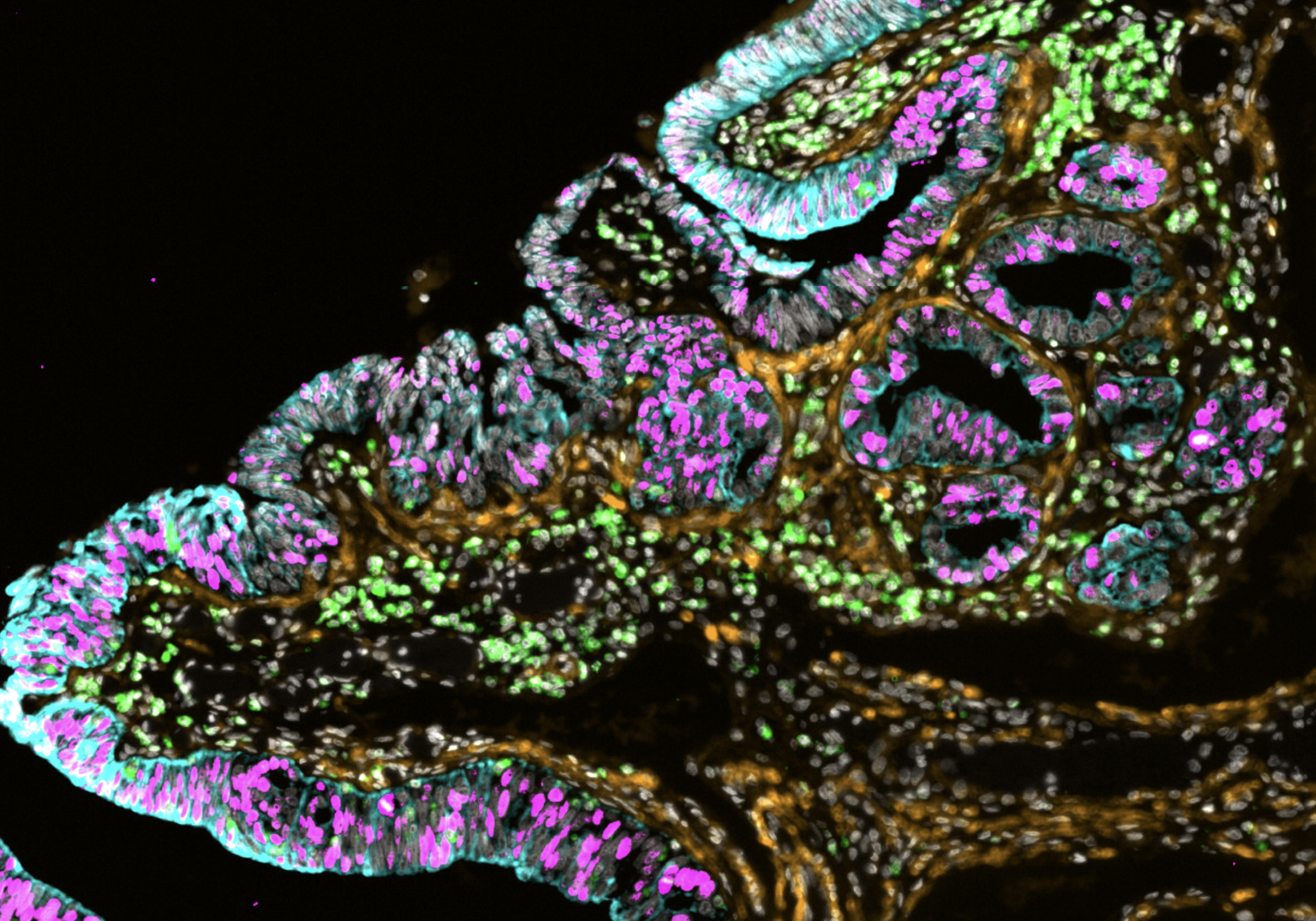Latest News
Laura König prepares to run the 129th Boston Marathon
LSP News | March 24, 2025
Visiting graduate Laura König reflects on motivations for running and fundraising.
READ MORE
Tuulia Vallius awarded American Cancer Society Postdoctoral fellowship
LSP News | February 4, 2025
Tuulia Vallius awarded an American Cancer Postdoctoral fellowship to study tumor cell progression in melanoma.
READ MORE
Jeremiah Wala receives a Wong Family Award in translational oncology for 2025
LSP News | February 4, 2025
Jeremiah Wala receives a Wong Family Award to continue working to understand a new, and more aggressive, form of prostate cancer.
READ MORE
Featured Member: Daniel Lu reflects on his place in the lab
LSP News | Jan 22, 2025
Daniel Lu, new graduate student in the Sorger Lab, discusses his journey to the LSP, and motivation to explore biological problems from unique perspectives.
READ MORE





